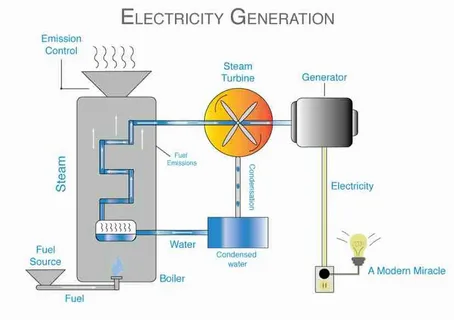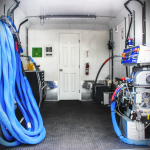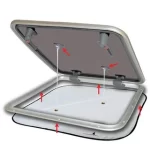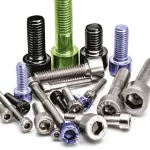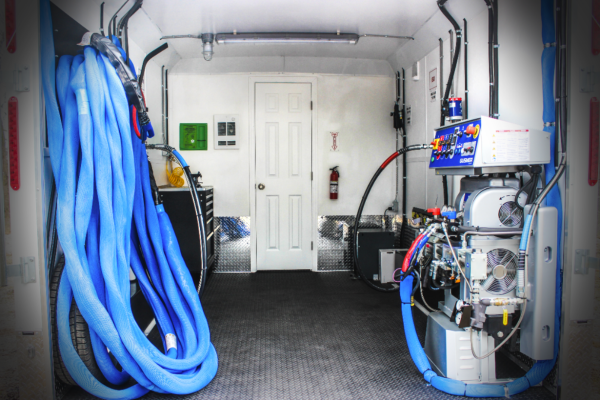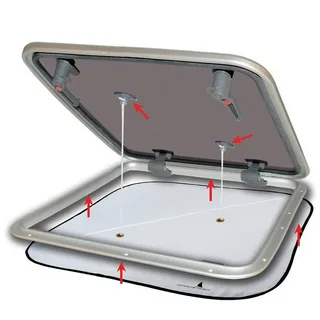Electric generators are one of the most useful and practical pieces of equipment that you can own. They can serve as a reliable source of electricity during a power outage, and they can provide the power you need to run certain tools, appliances, and other items. In this article, we will discuss the different types of electric generators, their advantages and disadvantages, and how to choose the right one for your needs. We will also explore the safety considerations and maintenance tips for electric generators.
Types of Electric Generators
Electric generators come in a variety of types, from portable models to stationary models. Portable models are great for camping trips and short-term power outages, as they are lightweight and easy to move. Stationary generators are larger and more powerful, and are ideal for providing long-term power when the power goes out.
The two main types of electric generators are gasoline powered and diesel powered. Gasoline powered generators are the most common type, and they are usually the most affordable option. They are also the most portable, making them ideal for camping trips and short-term power outages. Diesel powered generators are more powerful, and they are usually used in stationary applications.
Electric generators offer a number of advantages, including reliable power in the event of a power outage, and the ability to run certain tools, appliances, and other items. They are also often more affordable than other types of generators, and they can be used in a variety of applications.
When choosing an electric generator, it is important to consider your needs. Consider the size and power of the generator, as well as the type of fuel source it requires. If you are looking for a portable generator, consider the weight and size of the generator, as well as its fuel efficiency. If you are looking for a stationary generator, consider the power output and the type of fuel source it requires.
It is also important to consider the safety features of the generator. Make sure it has an automatic shut-off feature in case of overload, and make sure that the cords and outlets are properly insulated.
When using an electric generator, it is important to take safety precautions. Make sure that the generator is placed in a well-ventilated area away from combustible materials. Never run the generator indoors, and make sure that all cords and outlets are properly insulated.
Make sure that the generator is properly grounded, and never overload it. Make sure to check the oil and fuel levels regularly, and never refuel the generator while it is running. You can contact us for more information at https://www.bellwoodrewinds.co.uk/electric-generators/.

